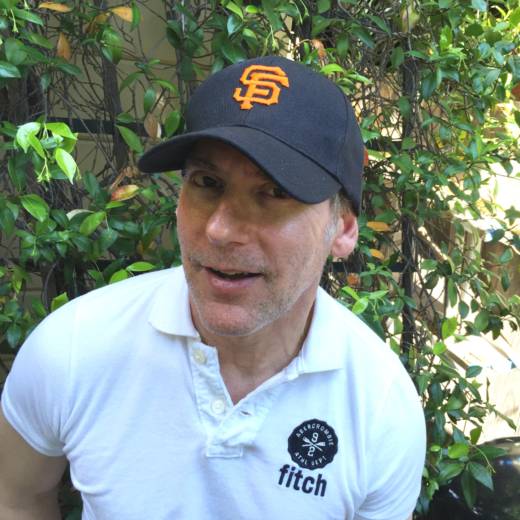School is resuming, after a fashion, and some parents are turning to learning pods for their kids. Richard Swerdlow says the impulse is understandable but misplaced.
When coronavirus made groups unsafe, education changed overnight, with schools forced to teach online. Facing more remote learning this new school year, nervous parents with the time, space and money are organizing 21st century versions of a one-room schoolhouse in “pandemic pods” — groups of kids working together in ”learning pods“ in somebody's house.
As a teacher, I understand how parents' anxiety about kids falling behind has resulted in this desperate-times-call-for-desperate-measures approach.
I've been a teacher a long time, and found myself conducting a mental inventory of students who would be last one picked for a pod. Does the third grade pod want Jimmy, who lives in a group home because his parents are in prison? Would Kelly, who has Down's Syndrome, and learns in a different way, be invited, though she couldn't keep up? What about Gab, adopted from a war-torn country in Africa? Will there be a pod for Ravi, just arrived from India and speaking no English? These are all students I taught, and who thrived in a third grade classroom. Some went to college, a few are still in touch with me, years later. That these children, with so much to contribute, who wanted so much to learn, will be shut out makes this pandemic even more painful.
Learning pods aren't about exclusion. Parents just want what's best for their kids. But privileged families focusing on pods dilutes energy from maintaining good public schools, with their safety net for kids who are not regular peas in a pod — students of poverty or with disabilities, students learning English.
